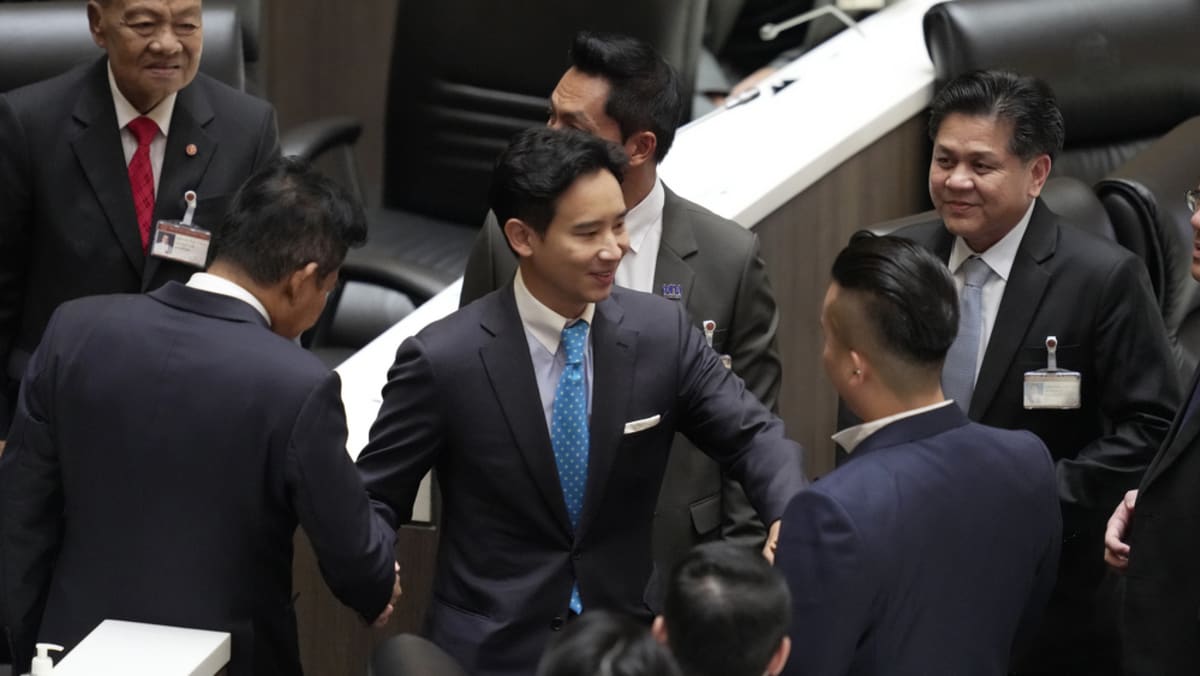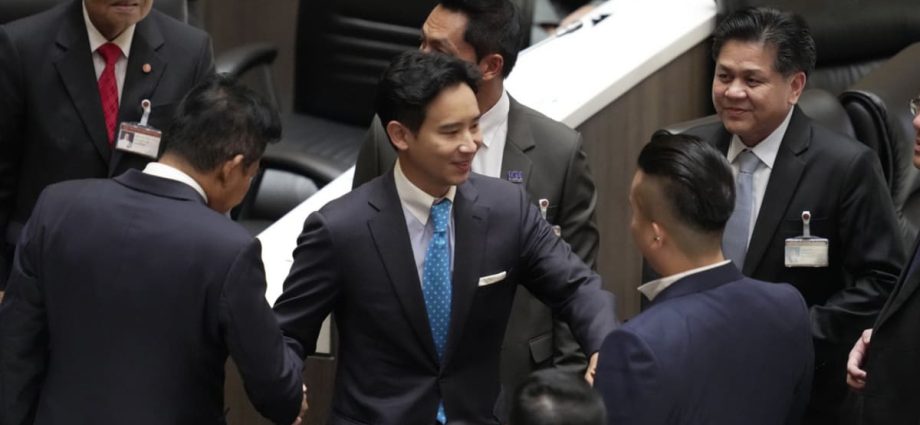
The Ombudsman has received 17 petitions since Mr Pita’s renomination was rejected by parliament last week.
According to Mr Keirov, the Ombudsman viewed that the nomination of prime ministerial candidates is specifically stipulated in the constitution and therefore different from the submission of motions in the parliamentary sitting.
The Move Forward Party won a surprise victory in the country’s general election on May 14 and formed a coalition with seven other parties.
Together, they have 312 seats in the 500-seat House of Representatives – the Lower House.
However, Move Forward Party leader Pita struggled in his race for the premiership as he could not win enough approval from parliament when it convened to select Thailand’s 30th prime minister on Jul 13.
The current constitution stipulates that a prospective prime minister must have the approval from more than half of the combined assembly, which includes 249 senators from the Upper House.
Mr Pita only managed to secure 324 votes in the initial choosing of the prime minister, while 182 people voted against him and 199 others abstained.
After both Houses voted to block his renomination on Jul 19, the Move Forward Party announced it would let electoral runner-up party Pheu Thai lead the forming of the next government.
Pheu Thai needs at least 375 votes when parliament reconvenes to select the prime minister – either from both Houses or the Lower House alone.
Meanwhile, Mr Pita has been suspended from his duties as a member of parliament (MP) by the Constitutional Court over 42,000 shares in defunct media company ITV.
The shares were held under his name when he ran in the May election.
According to the Thai constitution, individuals are prohibited from running in an election of Members of the House of Representatives if they are shareholders of any newspaper or mass media business.
Mr Pita claimed he managed the shares on behalf of his family’s inheritance fund. He later transferred them to other heirs.
ITV officially began broadcasting in 1996. It lost the right to use the frequency for broadcasting in 2007 after the Office of the Prime Minister revoked its concession agreement.
Mr Pita faces possible disqualification of his MP membership if the court rules against him in the media shares case. Nevertheless, he can still become Thailand’s next leader if renominated for the post as the constitution does not require the prime minister to be an MP.

